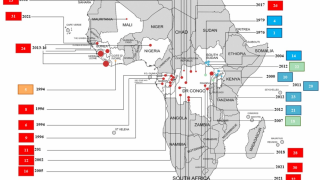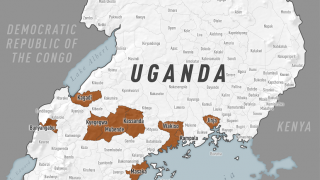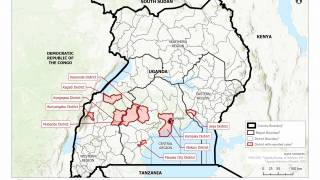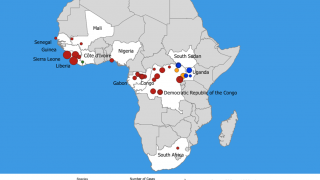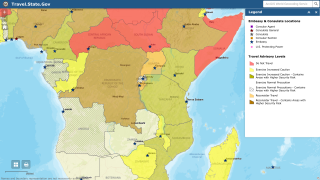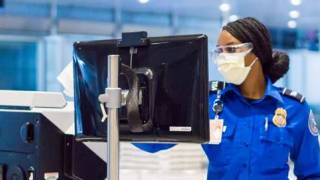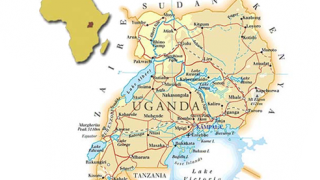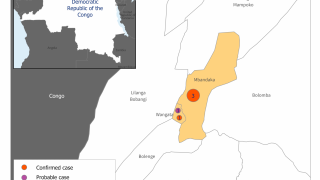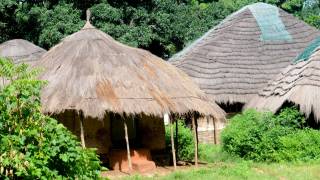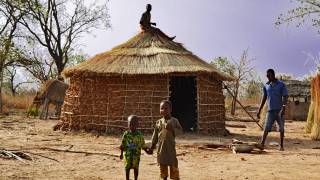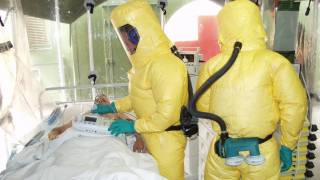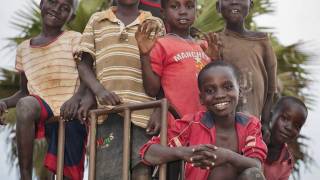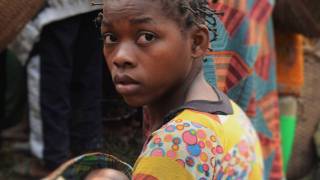Ebola Risk Elevated to 'Very-High" in the DRC
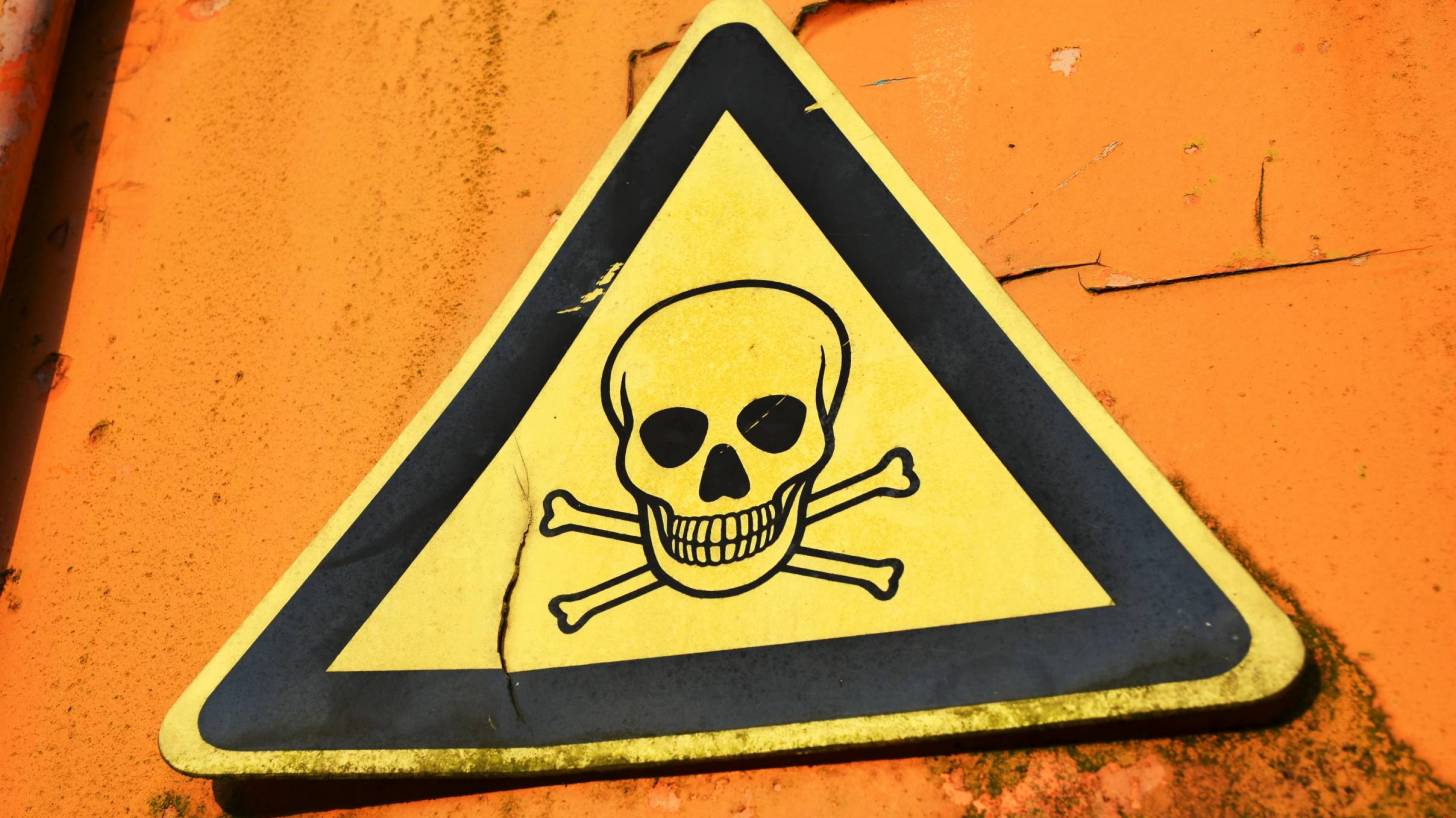
The response to the Ebola virus disease (EVD) outbreak in the Democratic Republic of the Congo (DRC) is at a critical juncture.
There have been a number of incidents in recent days, which have led to the loss of life among the local communities, said the World Health Organization (WHO) in a press release on September 27, 2018.
The DRC Ministry of Health (MoH) declared an outbreak of Ebola in North Kivu on August 1st. This is the 10th outbreak of Ebola over the last 40 years, with the most recent outbreak occurring in May 2018.
As of September 25th, a total of 151 EVD cases (120 confirmed and 31 probable), including 101 deaths (70 confirmed and 31 probable), have been reported in seven health zones in North Kivu Province, which is located in central Africa.
Since the last Disease Outbreak News on September 20, 2018, the WHO has assessed the risk to be very high at the national and regional levels, but low globally.
As the risk of national and regional spread, it is important for neighboring countries to enhance their surveillance and preparedness activities, said the WHO.
Additionally, the DRC is concurrently experiencing other epidemics, such as cholera and vaccine-derived poliomyelitis.
In reaction to this situation, the US State Department issued a Level 3 Travel Advisory on September 19, 2018, for visitors to the DRC due to crime and civil unrest.
This Travel Advisory says future travelers should ‘Reconsider Travel’ to the DRC, due to increased risks.
Previously, on September 14, 2018, the US Centers for Disease Control and Prevention (CDC) issued 3 separate Travel Alerts for the DRC.
CDC Level 1 and 2 Travel Alerts mean international travelers should speak with a doctor, nurse or pharmacist before visiting the DRC to learn if you are up to date with the required vaccinations, whether you need a booster dose and if you should bring preventative medicines with you.
Additionally, the CDC is cautioning DRC visitors to the ongoing spreading of Yellow Fever and Zika viruses.
Specifically, the CDC says a Zika infection during pregnancy can cause serious birth defects. Therefore, pregnant women should not travel to the Democratic Republic of the Congo.
Partners of pregnant women and couples planning pregnancy should know the possible risks of pregnancy and take preventive steps.
The CDC says vaccinations offer the best protection from most infectious diseases.
International travelers can easily request a vaccination appointment with a pharmacy at Vax-Before-Travel.
And, US citizens can enroll to receive alerts from the US Embassy in the DRC.
Our Trust Standards: Medical Advisory Committee



